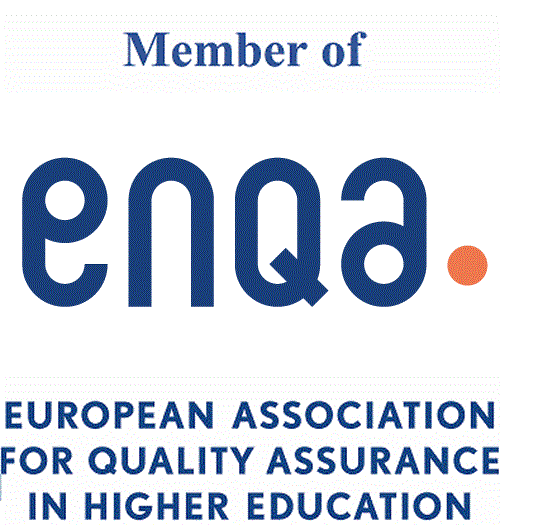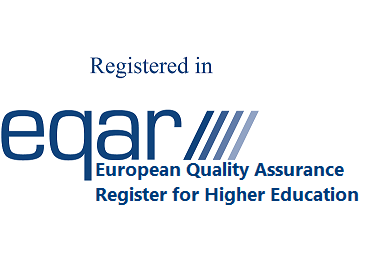Recent developments in higher education system at both national and international level ensure that while implementing quality assurance processes there is a dire need to express state academic standards in learning outcomes. Learning outcomes are the tools that can definitely measure the result of any academic programme and assess its quality. Moreover, this tool is functional to such an extent that can be applied to describe both sectoral, national, international frameworks and academic programmes. Education provisions expressed in learning outcomes become more understandable and measurable both for professionals and society at large. Furthermore, potential specialists and employers realize what an individual with certain qualifications is expected to know and be able to do. It also provides the involvement of stakeholders in the arrangement and implementation of education provisions, which is an essential issue in the development process.
Representatives from Armenian State Pedagogical University visited National Center for Professional Education Quality Assurance Foundation (ANQA) on Friday, March 5, 2010. The meeting aimed at discussing state academic standards being developed for several pedagogical specialties. These standards are to be applied in quality assurance processes.
New criteria discussed at the meeting were also expressed in learning outcomes and described what a future teacher should be able to do (generic and specific outcomes) by the end of the programme. Learning outcomes describing teacher qualifications were mentioned to be one of the common evaluation factors during the audit.
Teacher profession in general and its quality assurance in particular has found its special place among other specialties since the role of education in knowledge-based society development is crucial.
However, to ensure teacher profession quality provisions at mere standard level is to scratch only the surface of the issue. The application of learning outcomes at any of the above mentioned levels should be taken as deep as a course level. According to the discussions theses actions imply relevant teaching and assessment methods. In this aspect institutions have yet a lot of things to do. It is also necessary to provide the coherence between the levels (NQF, SQF, PQ and course level).
While the National Qualification Framework and documents regulating the sphere are still in the process of development the participants emphasized the importance of dialogues between stakeholders, which will ensure comparability with different professional approaches and observations. The resultant documents will be mutually understandable, acceptable, readable and applicable.



